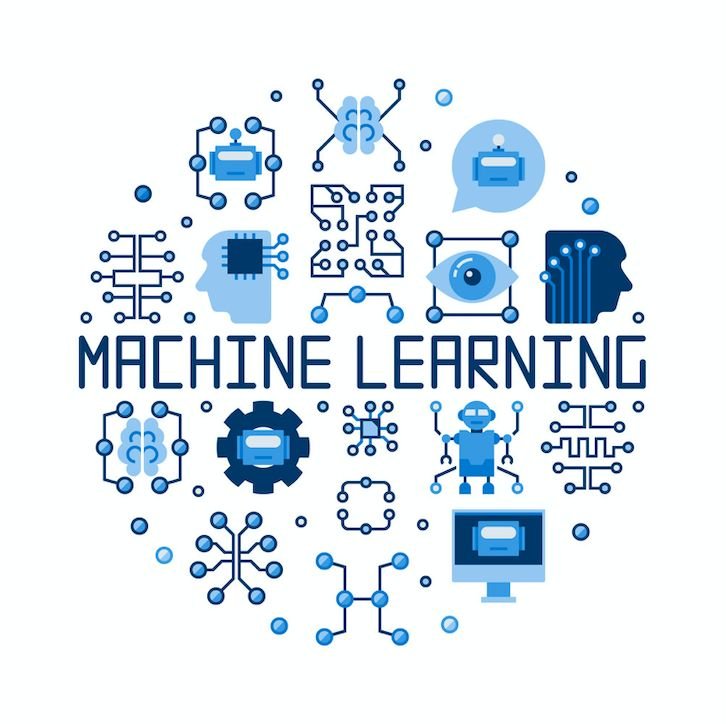Data science has become one of the most sought-after career paths in today’s technology-driven world. As organizations increasingly rely on data to drive decisions, the demand for skilled data scientists continues to grow. If you’re looking to embark on a career as a data scientist, this guide will help you navigate the journey.
1. Understanding Data Science
Data science involves using scientific methods, algorithms, and systems to extract insights from structured and unstructured data. It encompasses a variety of fields including statistics, computer science, and domain-specific knowledge. Key areas within data science include:
- Data Analysis: Examining data sets to identify patterns and relationships.
- Machine Learning: Developing algorithms that allow computers to learn from data.
- Data Engineering: Building and maintaining data processing systems.
- Data Visualization: Creating visual representations of data to communicate findings.
2. Educational Pathways
Formal Education
A strong educational background is crucial for a successful career in data science. Here are common educational pathways:
- Bachelor’s Degree: Most data science roles require at least a bachelor’s degree in data science, computer science, statistics, mathematics, or a related field.
- Master’s Degree: Pursuing a master’s degree can open doors to advanced positions and specialized roles. Programs like a Master’s in Data Science, Analytics, or Artificial Intelligence are highly regarded.
- Ph.D.: For research-oriented roles or positions in academia, a Ph.D. in a relevant field can be beneficial.
Online Courses and Bootcamps
Online courses and bootcamps offer flexible and intensive training. Platforms like Coursera, edX, and Udacity provide courses in data science and related fields. Bootcamps like General Assembly and Springboard offer immersive programs designed to get you job-ready quickly.
3. Building Essential Skills
Technical Skills
- Programming: Proficiency in programming languages such as Python, R, and SQL is essential.
- Statistics and Mathematics: A strong foundation in statistical methods, probability, and linear algebra is crucial.
- Machine Learning: Understanding of machine learning algorithms, including supervised and unsupervised learning, is important.
- Data Wrangling: Skills in cleaning, transforming, and merging data from various sources.
- Data Visualization: Proficiency in tools like Tableau, Power BI, or libraries like Matplotlib and Seaborn in Python.
Soft Skills
- Analytical Thinking: Ability to break down complex problems and devise actionable insights.
- Communication: Effectively conveying technical information to non-technical stakeholders.
- Curiosity: A natural inclination to explore data and ask questions.
- Problem-Solving: Creativity in developing innovative solutions to data-related challenges.
4. Gaining Practical Experience
Projects and Internships
Hands-on experience is invaluable in data science. Engage in personal projects, participate in Kaggle competitions, and seek internships to apply your skills in real-world scenarios. Working on diverse projects helps build a strong portfolio that showcases your abilities.
Collaboration and Networking
Join data science communities, attend meetups, and participate in hackathons. Networking with professionals in the field can provide mentorship opportunities and keep you updated with industry trends.
5. Building a Portfolio
A robust portfolio is essential for demonstrating your skills to potential employers. Include:
- Personal Projects: Showcase projects that highlight your ability to analyze data, build models, and derive insights.
- Kaggle Competitions: Participating in Kaggle competitions can provide practical experience and improve your ranking.
- Blog Posts: Writing about your projects and findings can demonstrate your communication skills and thought process.
6. Certifications
Certifications can validate your expertise and make you stand out to employers. Some well-regarded certifications include:
- Certified Data Scientist (CDS): Offered by DASCA, covers a wide range of data science skills.
- Google Data Analytics Professional Certificate: Provides a comprehensive foundation in data analysis.
- IBM Data Science Professional Certificate: Covers essential data science tools and techniques.
7. Applying for Jobs
When you’re ready to start applying for jobs, tailor your resume to highlight relevant skills and experiences. Prepare for technical interviews by practicing coding problems, machine learning concepts, and explaining your projects. Utilize job boards, company websites, and networking connections to find opportunities.
Conclusion
Becoming a data scientist requires a blend of education, practical experience, and continuous learning. By following these steps, you can build a successful career in this dynamic and rewarding field. Remember, the journey is ongoing—stay curious, keep learning, and embrace the ever-evolving world of data science.





